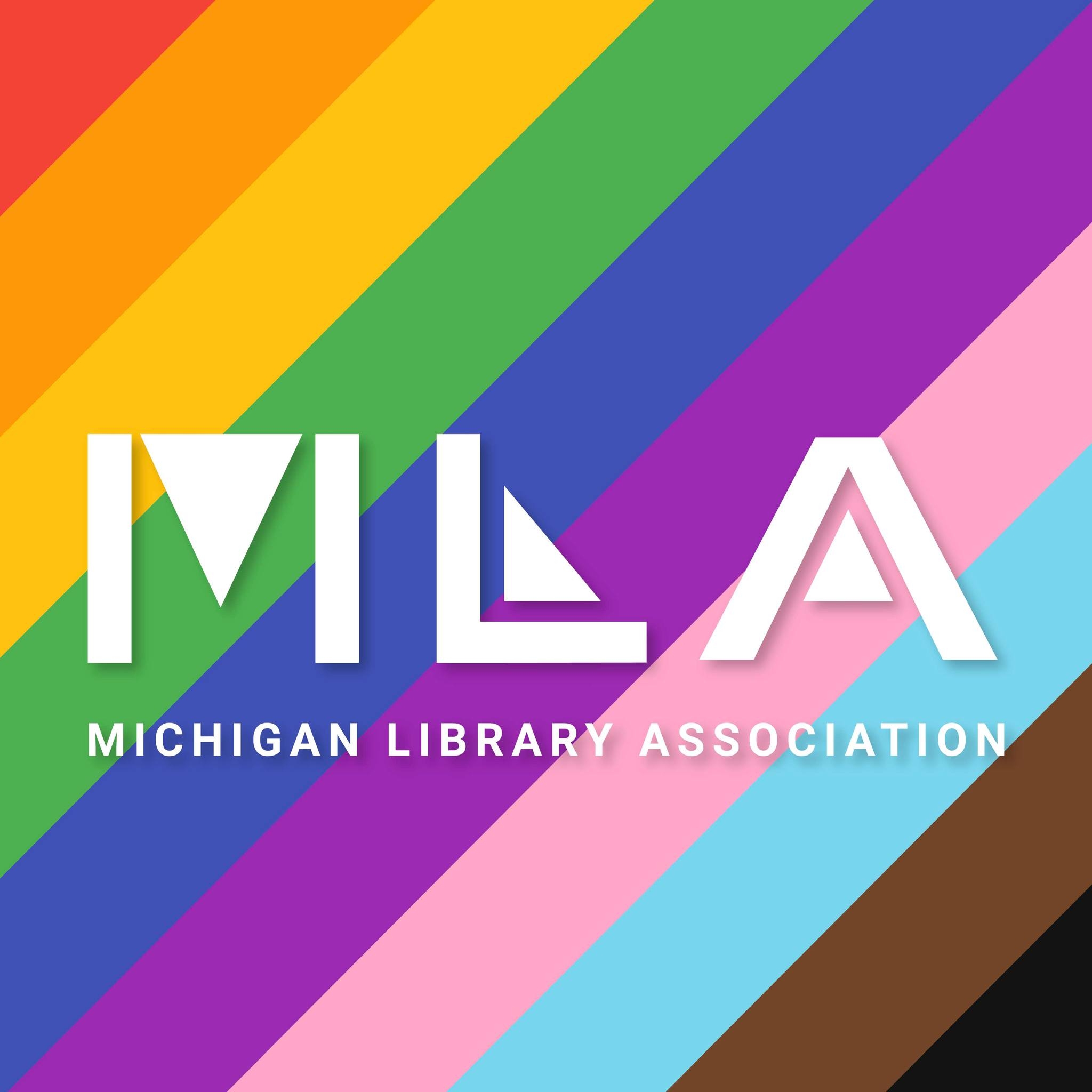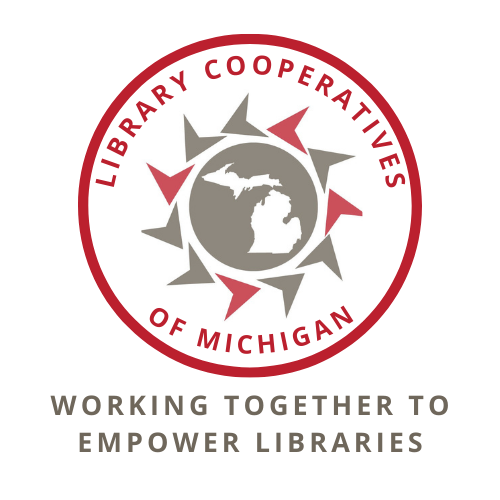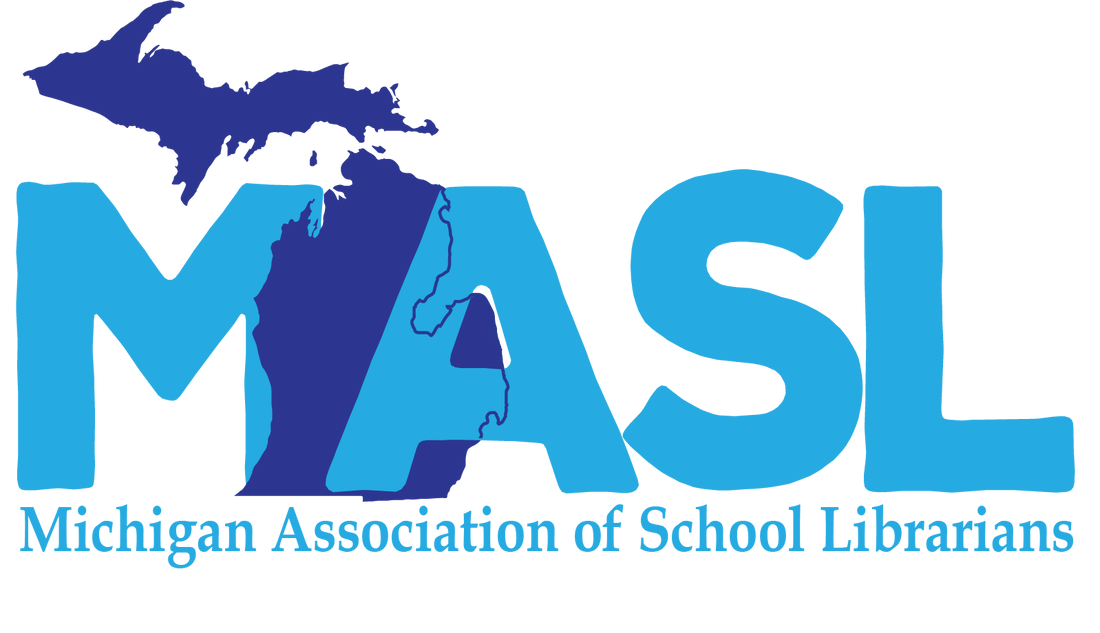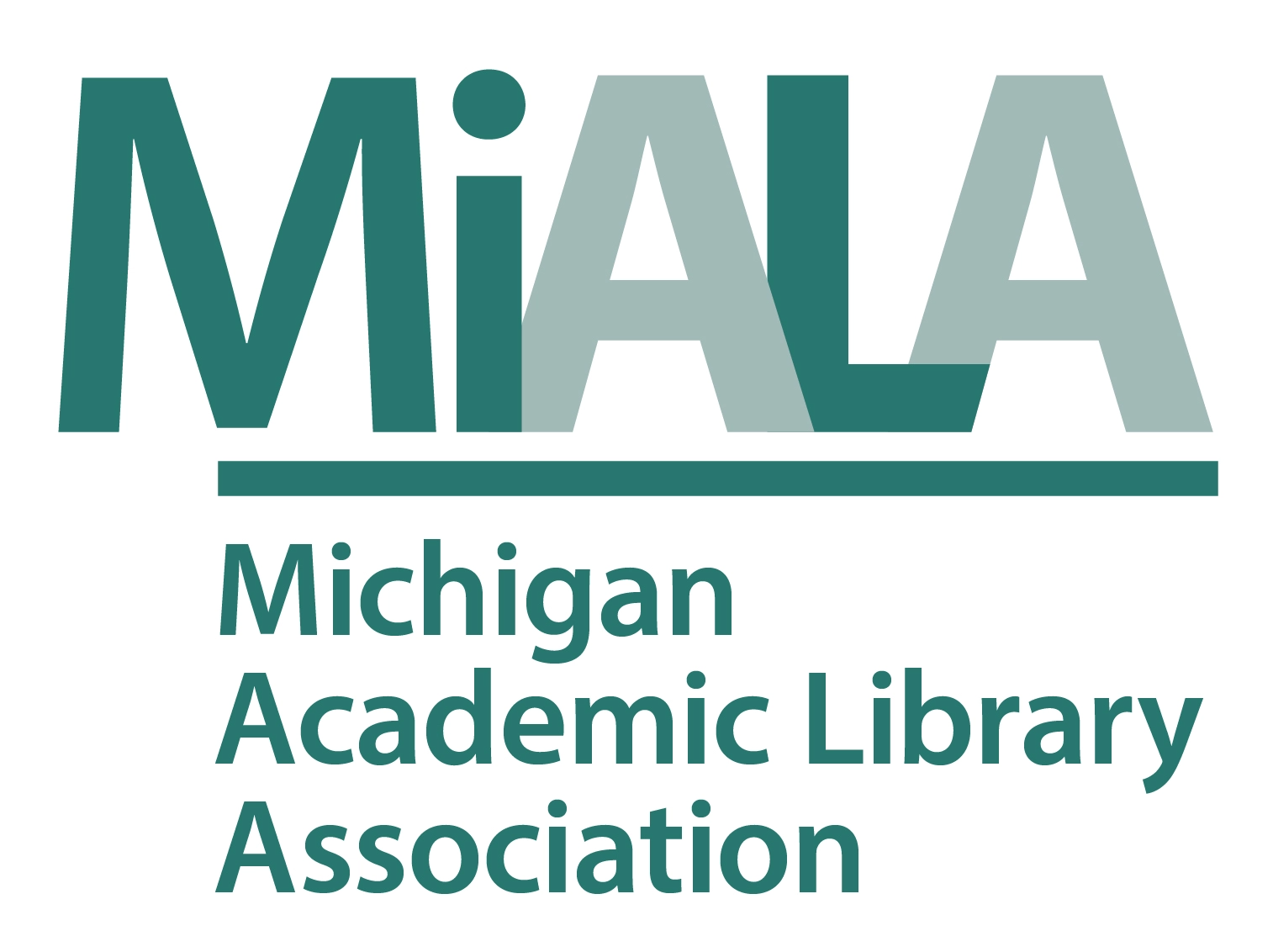| News - MLA | |||
| Thursday, June 22, 2023 12:00 AM | |||
Note From Debbie
But this year, public library displays celebrating Pride Month seem to be getting a lot of negative attention. Displays are part of a library’s marketing plan and they highlight a very small portion of the extensive collection that might go undiscovered. A display is a wonderful way to help readers young and old find and connect to topics, books, and materials they find personally relevant to themselves or loved ones. And displays during Pride Month are not set up to politicize one lifestyle over another - the library is simply displaying age-appropriate materials that are related to the LGBTQ+ experience. Of utmost importance to any public library is curating collections that allow every citizen to see themselves and the world around them in the diversity of books and resources their library provides for all ages, all abilities, all interests, all races, all nationalities, all religions, the rich, the poor, the traditional and nontraditional families, those who identify as LGBTQ+ and those that don’t. This is a core tenant of librarianship – to provide for the interests of all, and to do so without bias. For countless individuals who identify as LGBTQ+ and who face bullying, isolation, and depression, access to LGBTQ+ representation and information in books from the library offers them a safe haven and in some cases is lifesaving. It is critically important that everyone has access to books where they can see themselves, validate their existence and experiences and reinforce their self-worth. Many of us cannot begin to imagine how important that might be for a teen who identifies as LGBTQ+ but has yet to find the voice they need to tell their story. The library is a public space paid for by taxpayer dollars. Some of those taxpayers identify as LGBTQ+. They deserve representation. Libraries also have a commitment to inclusivity which in turn supports collection development, displays, and programming that affirms the dignity and humanity of all people. The recently passed Elliott-Larsen Civil Rights Act also guarantees legal protection for LGBTQ+ people in Michigan. Pride Month displays emphasize that all people, including those of different gender identities or expressions, or sexual orientations, should be treated with respect. Affirming the rights and dignity of LGBTQ+ individuals is very much a mainstream position. That doesn’t mean everyone agrees, but it does mean that libraries can and should display LGBTQ+ books and provide relevant programming without fear of intimidation or censure. A recent Michigan public opinion poll (statistically valid with over 800 randomly selected Michigan voters counted) conducted by EPIC-MRA on behalf of the Michigan Library Association shows that 67% of all respondents said that books with discussions about sex, gender identity or sexual orientation should never be banned. AND 74% of all voters agreed that books that contain sexual content or discuss issues like gender identity and sexual orientation are tools for understanding complex issues, and young people should have access to them at an age-appropriate level. Libraries throughout Michigan have materials covering a wide range of ideologies, subjects, and interests that meet the needs and wants of everyone in the community. When someone expresses their discomfort or dislike for certain subjects, it doesn't mean that those resources shouldn't exist or be displayed, it just means that those resources are not for that individual. No one person or group should make sweeping decisions that take that process of careful consideration and choice away from every person that walks into the library. The Michigan Library Association stands in solidarity with the staff and trustees at Michigan libraries as they uphold the First Amendment and fulfill their ethical responsibility by guaranteeing and facilitating access to all expressions of knowledge and intellectual activity, including those which some individuals in our society may consider to be unconventional, unpopular, or unacceptable.
Deborah E. Mikula With special thanks to the MLA Intellectual Freedom Task Force for providing a myriad of talking points that are highlighted in this note.
|

 Each June, Pride Month is a time for the LGBTQ+ community to honor their identity, uniqueness, and diversity. For countless years, libraries throughout the state and nation have brought focus to this national celebration. This year is no exception.
Each June, Pride Month is a time for the LGBTQ+ community to honor their identity, uniqueness, and diversity. For countless years, libraries throughout the state and nation have brought focus to this national celebration. This year is no exception. 







